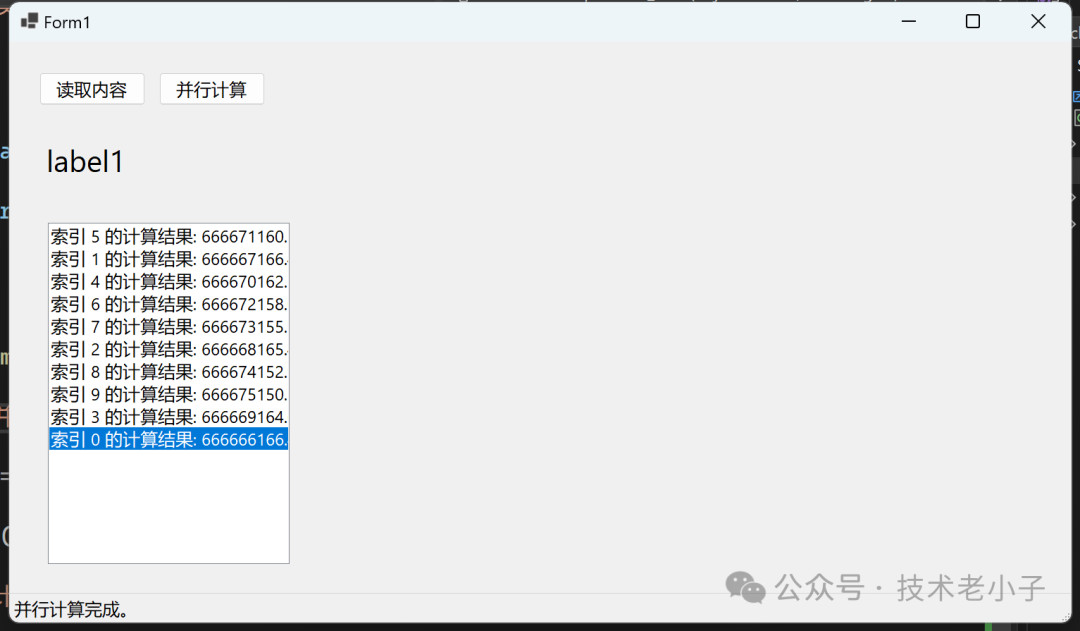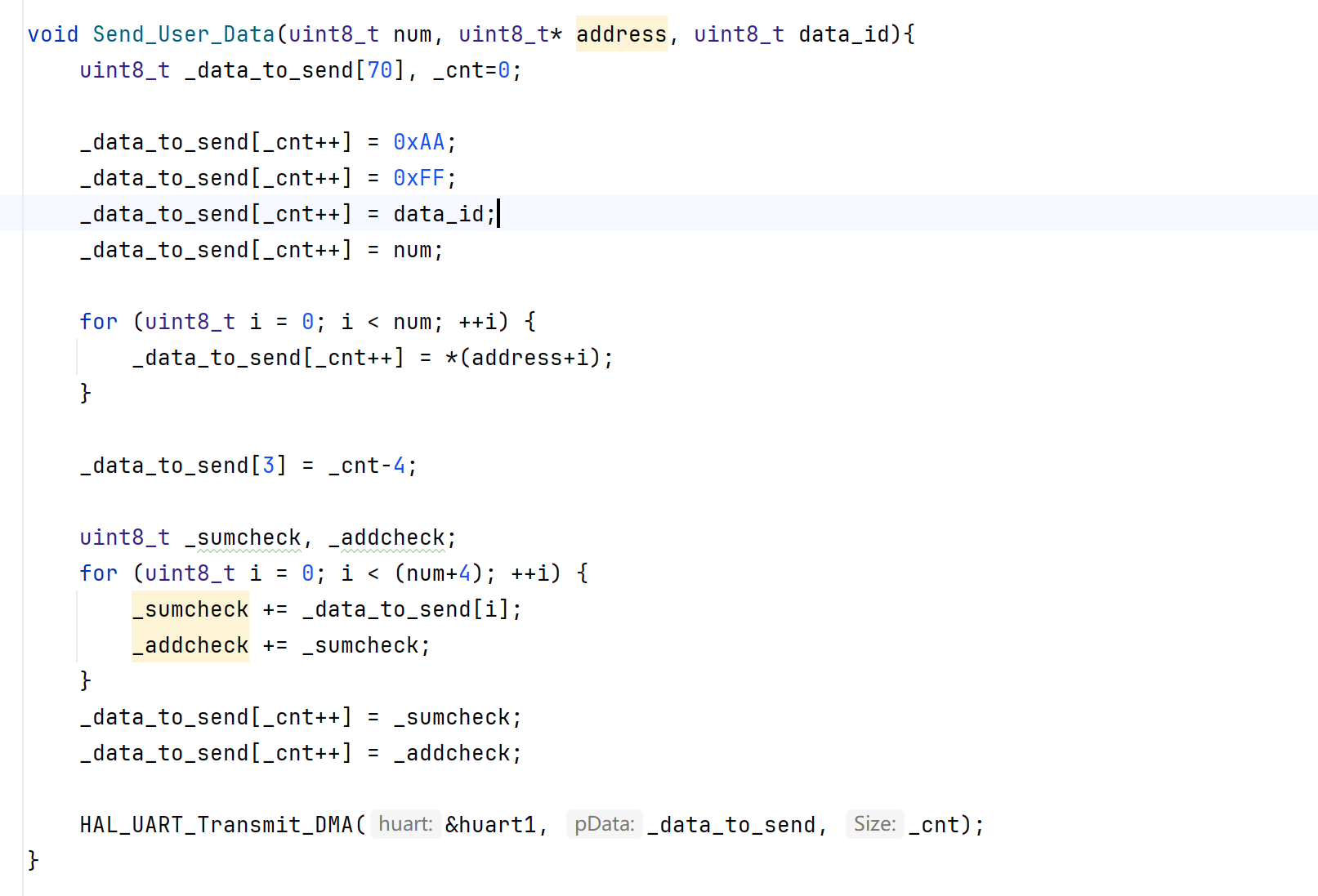前言
Flask是一个轻量级的Web框架,用于快速开发Web应用程序。它的设计理念是简洁、灵活和易于扩展,非常适合于从简单的单页应用到复杂的大型项目。通过Flask,可以创建各种Web应用程序,比如博客、电子商务网站、RESTful API等。
保姆级别 项目体验 Demo 地址:
https://github.com/couragesteak/flask_frame_demo
1 安裝
1.1 Flask
Flask==3.0.2
Flask-Cors==4.0.1
测试环境 Python3.10.9
1.2 MySQL 数据库
ubuntu
sudo apt-get install libmysqlclient-dev
centos
yum install -y mysql-devel gcc gcc-devel python-devel
pip install flask-mysqldb -i https://pypi.douban.com/simple
否则报错 没有包 MySqldb
2 基础案例 与 蓝图
原创:有勇气的牛排
https://www.couragesteak.com/article/457
2.1 蓝图
蓝图(Blueprint)是一个用于组织和管理应用程序的强大工具。它可以使程序拆分的更小、更模块化,从而提高代码的可扩展性。
- 模块化开发
- 提高代码复用
- 简化路由管理,不至于过于庞大
- 团队协作,不同人维护不同块
2.2 案例
main.py
from flask import Flask
from flask import render_template
from flask import request
from flask_cors import CORS
import os
app = Flask(
__name__,
template_folder='template', # 定义html文件位置
static_url_path='/', # 定义静态资源路由路径
static_folder='resource' # 定义静态资源文件夹
)
# app.config['SECRET_KEY'] = os.urandom(24) # 生成随机数种子,用于产生SessionID
app.secret_key = os.urandom(24) # 用于加密会话数据
# 允许跨域请求
CORS(app, supports_credentials=True)
# 导入蓝图
from src.main.controller.index import index
app.register_blueprint(index)
# 定义全局拦截器,实现自动登录
@app.before_request
def before():
url = request.path
print(url)
# 路由 白名单
pass_list = [
'/', '/login', '/logout',
'/vcode', '/ecode', '/register'
]
if url in pass_list or url.endswith('.js')
pass
else:
print('路由不在白名单 需要登录')
username = request.cookies.get('username')
password = request.cookies.get('password')
print(username, password)
if __name__ == '__main__':
app.run(host='0.0.0.0', port=8081, debug=True)
蓝图 index.py
from flask import Blueprint, render_template
index = Blueprint('index', __name__)
# http://127.0.0.1:8081
@index.route('/')
def home():
res = dict(
name="有勇氣的牛排"
)
return render_template('index.html', result=res)
3 获取参数 GET、POST
# 参数测试
# http://127.0.0.1:8081/param_test
@m_test.route('/param_test', methods=['GET', 'POST'])
def param_test():
# 获取当前请求的方法类型
method = request.method
data = dict(
nickname="有勇氣的牛排",
url="https://www.couragesteak.com/",
)
# 根据不同的请求方法获取参数
if method == 'GET':
# 从GET请求中获取参数
id = request.args.get('id', None)
data['id'] = id
return render_template('test_param.html', data=data)
elif method == 'POST':
# 从POST请求中获取参数
id = request.form.get('id', None)
data['id'] = id
else:
param = 'No valid method'
return jsonify(data)
4 重定向
# 重定向 路由
# http://127.0.0.1:8081/redirect_with_param
@m_test.route('/redirect_with_param')
def redirect_with_param():
result = dict(
name="有勇氣的牛排"
)
# return redirect(url_for('param_test'))
return redirect('/')
5 模板
这里使用render_template,也可以使用其他模板,比如 Jinja2
py
# http://127.0.0.1:8081
@index.route('/')
def home():
res = dict(
name="有勇氣的牛排"
)
return render_template('index.html', result=res)
html模板
<div>
<div>
<a href="/">首頁</a>
<a href="/login">登錄</a>
<a href="/param_test">參數測試</a>
<a href="/logout">退出登錄</a>
<a href="/js/jquery-3.4.1.min.js">打開靜態文件</a>
<a href="/redirect_with_param">重定向測試</a>
</div>
首頁: {{ result.name }}
</div>

6 报错路由 404/500
# 定义404错误页面
@app.errorhandler(404)
def not_found(e):
return render_template('error_404.html')
# 定义500错误页面
@app.errorhandler(500)
def internal_error():
return render_template('error_500.html')
详细文档:
https://dormousehole.readthedocs.io/en/latest/quickstart.html















![[嵌入式Linux]-常见编译框架与软件包组成](https://i-blog.csdnimg.cn/direct/cc222987d417467191c759a75c51cd21.png#pic_center)



![[Linux]Mysql之主从同步](https://i-blog.csdnimg.cn/direct/4b30eb54e2cd420e90a9a47188736c6d.png)